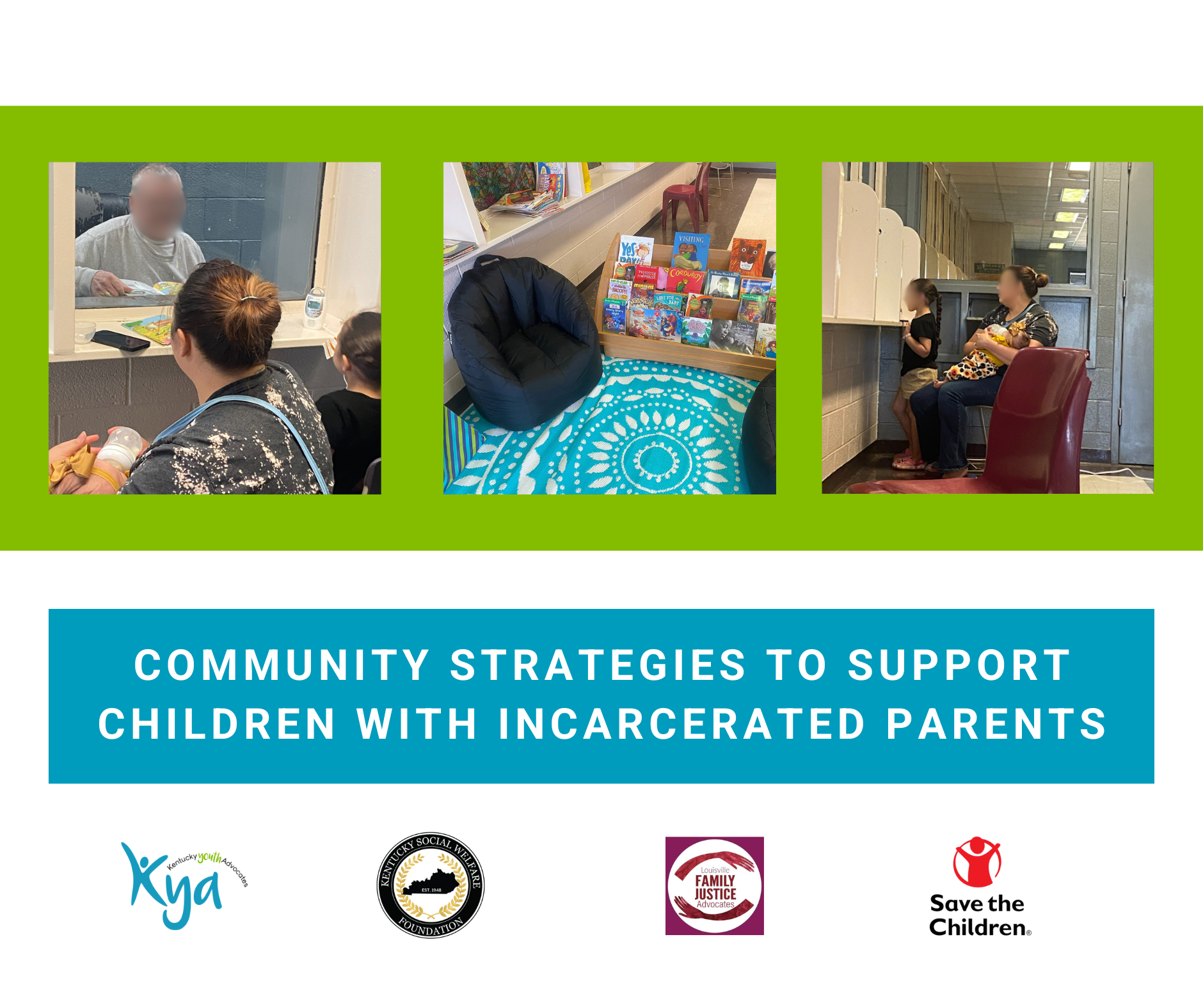This post originally appeared as an op-ed in the Courier-Journal on August 25, 2016. Read it online here.
“Is it good for kids?” That is the question we at Kentucky Youth Advocates always ask of our decision-makers, and we have carefully considered that question in response to the Bevin administration’s 1115 Waiver proposal to modify Kentucky’s Medicaid program. In reviewing the proposal, known as Kentucky HEALTH, we see some positives but also have concerns.
Kentucky Youth Advocates supports Medicaid expansion in Kentucky because children are more likely to have health insurance when their parents have health insurance, and health insurance is a vital component of access to health care. Medicaid expansion has provided coverage to many low-income working parents who did not previously have affordable health insurance options. This is especially true for those parents who work hourly jobs and have limited job growth potential.
Medicaid expansion has also helped more kids obtain coverage. Between 2013 and 2014 — when many more parents enrolled through Medicaid expansion — Kentucky saw a 27 percent drop in the number of uninsured children. Those children were already eligible for coverage, but their parents may not have known about their children’s eligibility until they signed up for coverage themselves.
The Bevin administration recently submitted its revised 1115 Medicaid Waiver proposal to the federal Centers for Medicare and Medicaid Services (CMS) for approval. We at Kentucky Youth Advocates appreciate that some of our recommendations were incorporated in the final waiver proposal. For example, the submitted proposal maintains exemptions for children and pregnant women from all cost-sharing requirements, lockout periods and reduced benefit packages. It exempts primary caregivers of dependents from work or community engagement requirements. And, given the vulnerability of former foster youth, we thank the administration for explicitly exempting former foster youth up to age 26 from the waiver entirely.
However, we believe that the 1115 Medicaid Waiver creates several barriers for parents to maintain their health insurance and still have outstanding concerns.:
- The lowest income parents (those under 100 percent of the federal poverty level) are subject to copayments or premiums they likely cannot afford to pay.
- Parents without job growth potential will not be able to pay increasing monthly premiums throughout the five-year period of the waiver.
- Vulnerable populations of families are subject to requirements they will not be able to comply with. For example, many kinship caregivers struggle to provide for children they have stepped up to raise with little state support and will likely not be able to afford premiums or copayments.
- Dental and vision services are considered an earned benefit rather than services covered in a standard benefit package, which may result in parents not accessing needed dental and vision care.
Based on research on other states, we know that when parents lose health insurance due to added requirements and cost-sharing mechanisms, their children are likely to also lose coverage even if children’s eligibility and benefits do not change. Parents’ health is vitally important to children’s health, and if parents are going to improve health outcomes for themselves and their children, the Medicaid program must be simple for families to understand, participate in, and utilize.
The waiver is now in the hands of CMS, and another public comment period will begin soon. We encourage CMS to address our stated concerns during negotiations with the Bevin administration. We encourage the public to submit comments to CMS during the open comment period and highlight these outstanding concerns.
Finally, the Bevin administration has put kids and families first in many of its policies, and we ask Gov. Bevin to do the same by negotiating with CMS in good faith on this waiver. We encourage the Bevin administration to work with CMS to come to an agreement on an 1115 Medicaid Waiver that can move forward in a way that works for Kentucky children and families, helps improve health outcomes, and is sustainable.
We must find a viable solution. Kentucky’s children depend on it.
Dr. Terry Brooks is executive director of Kentucky Youth Advocates.
To help fellow child advocates understand the Bevin Administration’s 1115 Medicaid Waiver proposal and our concerns, we created a new webpage with helpful resources — find it here.







Leave A Comment